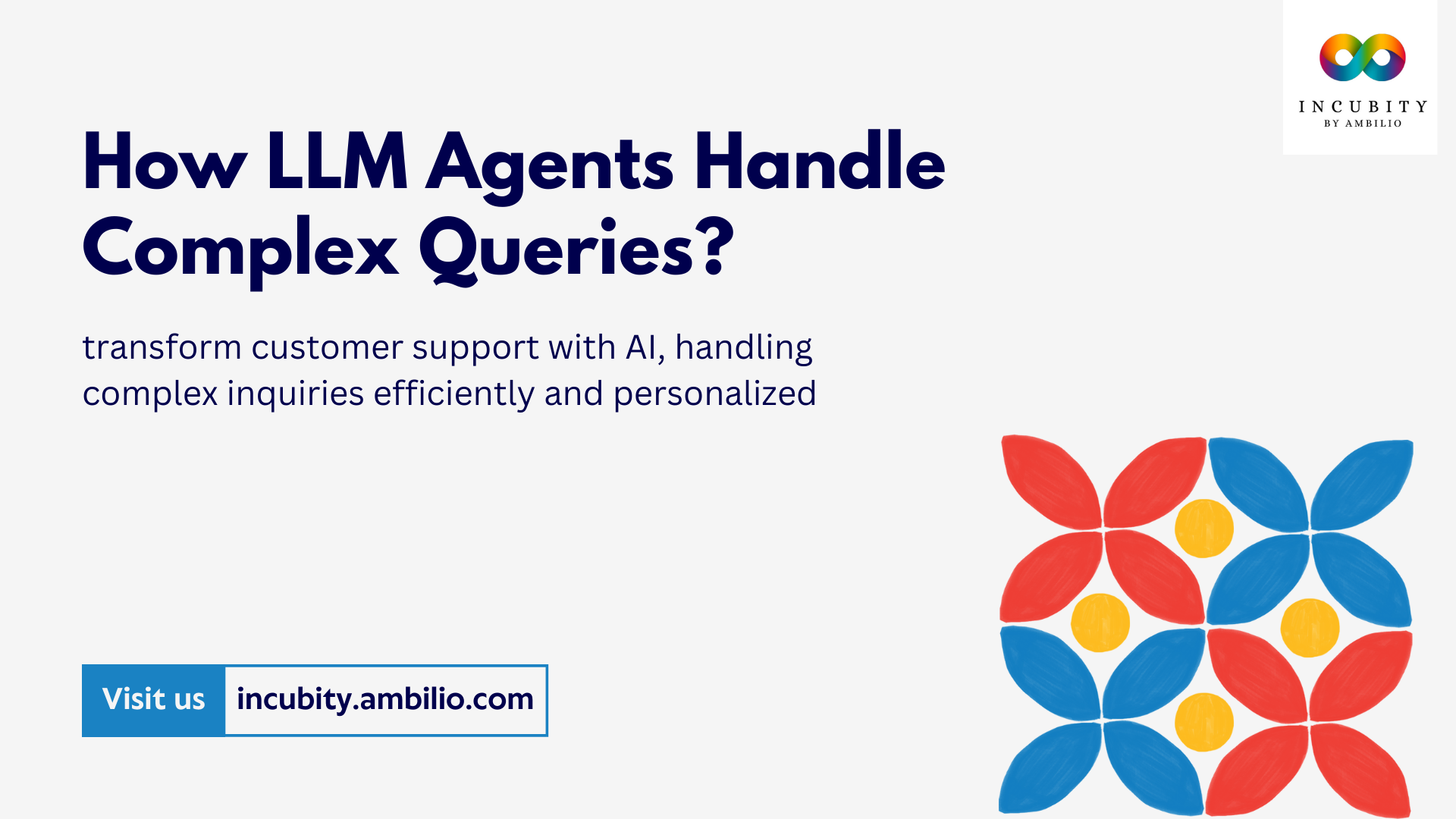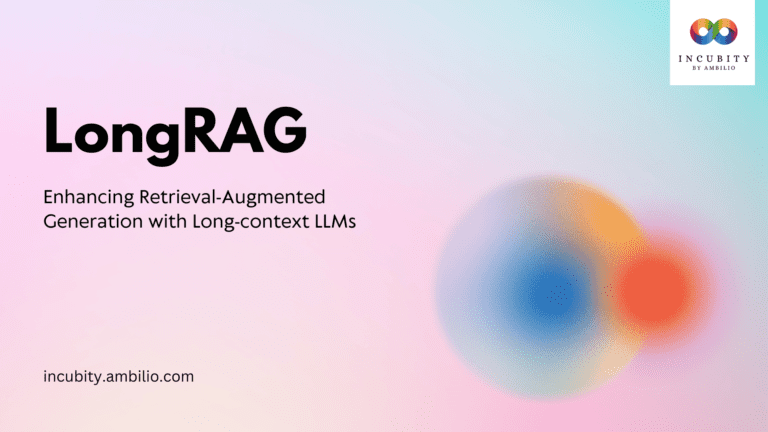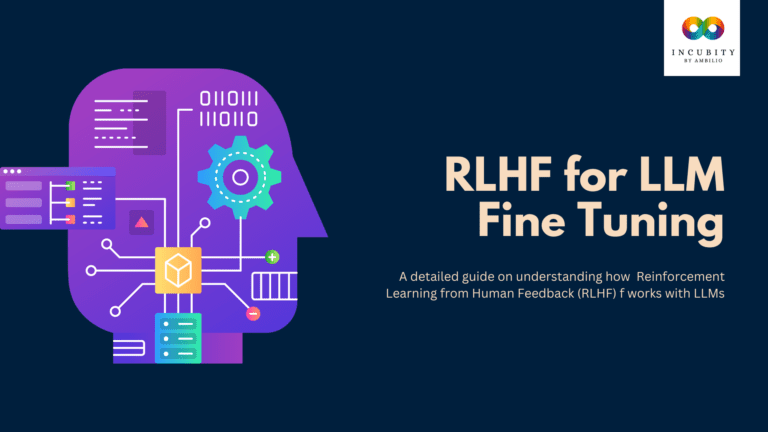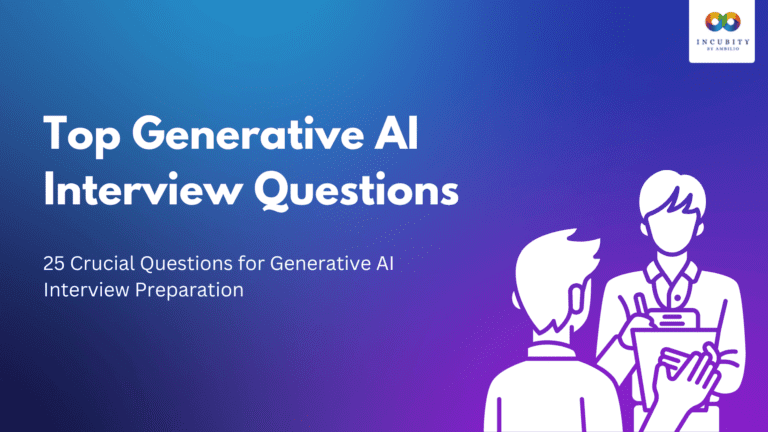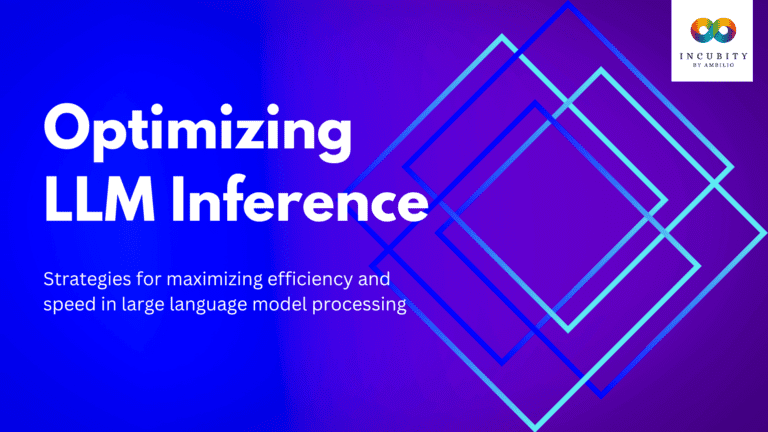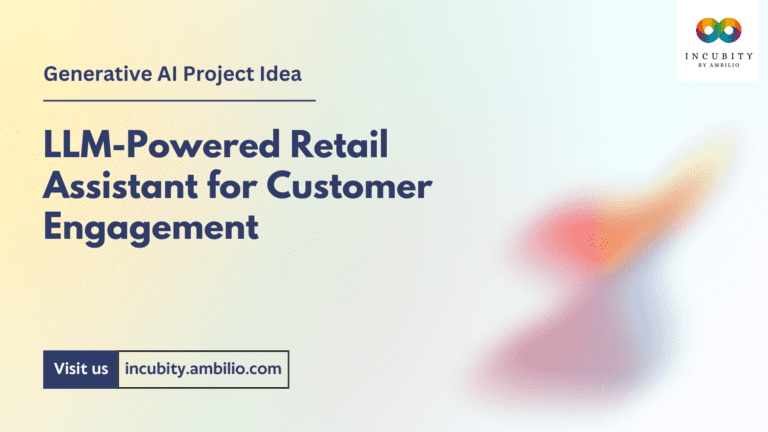Large Language Model (LLM) agents have emerged as a revolutionary technology in the realm of artificial intelligence, significantly enhancing the way businesses handle customer inquiries. These advanced AI systems utilize large language models to comprehend and generate human language in a sophisticated and contextual manner. By integrating various components and leveraging multiple techniques, LLM agents efficiently manage complex customer inquiries, providing high-quality, consistent, and personalized support. This article delves into the architecture, components, and functionalities of LLM agents, illustrating how they handle intricate customer queries.
Key Components of LLM Agents
The following are the key components of Large LLM-powered agents:
1. Agent Core
The Agent Core is the central coordination module that governs the agent’s logic and behavior. It is responsible for defining the agent’s overall goals, the tools it can access, the planning modules to use, and the relevant memory. Acting as the “key decision-making module,” the Agent Core ensures that the LLM agent operates seamlessly, making informed decisions based on the input received and the context of the conversation.
2. Memory Module
The Memory Module mimics human memory processes by storing and retrieving relevant information from past interactions. It includes both short-term memory, which is used for in-context learning during a conversation, and long-term memory, which retains information over extended periods. This capability allows the agent to recall previous interactions, providing continuity and a personalized experience for the customer.
3. Tools
LLM agents are equipped with various external capabilities and functionalities, referred to as Tools. These tools include APIs, databases, and code interpreters that the agent can leverage to complete specific tasks. For instance, these agents may use an API to retrieve information from a knowledge base, query a database for specific data, or execute code to perform a calculation. This external support extends the agent’s capabilities beyond its inherent knowledge.
4. Planning Module
The Planning Module enables the LLM agent to reason through complex problems, create strategic plans, and execute those plans. It helps the agent break down large tasks into manageable subgoals, reflect on past actions, and refine plans for improved performance. This module is crucial for handling multifaceted inquiries that require thoughtful consideration and step-by-step resolution.
How Do LLM Agents Handle Complex Customer Inquiries?
LLM agents employ several techniques to manage complex customer inquiries effectively:
1. Decomposition of Complex Questions
Complex customer inquiries often involve multiple facets that need to be addressed separately. LLM agents can decompose such questions into simpler sub-parts, making them easier to handle. For example, a query like “What were the three takeaways from the Q2 earnings call from FY 23?” can be broken down into smaller questions like “Which technological shifts were discussed the most?” and “Are there any business headwinds?” By addressing each sub-part individually, the LLM-powered agent can provide a comprehensive and detailed response.
2. Contextual Understanding
One of the key strengths of LLM agents is their ability to maintain context over long conversations. They can track the flow of dialogue, remember previous statements, and understand the nuances of the conversation. This contextual understanding enables LLM agents to handle complex queries effectively, providing accurate and relevant responses. For instance, if a customer asks multiple related questions, the agent can reference earlier parts of the conversation to ensure consistency and coherence in its answers.
3. Autonomous Capabilities
LLM agents possess autonomous capabilities, allowing them to self-direct and drive productivity. They can independently interpret user prompts, identify the tasks required, and execute them without constant human intervention. This autonomy reduces the burden of menial tasks on human agents and allows the LLM agents to focus on solving complex problems. By leveraging their inherent capabilities and the tools at their disposal, LLM agents can efficiently manage intricate inquiries.
4. Multi-Agent Systems
In scenarios where a single agent might not suffice, LLM agents can operate within multi-agent systems. Multiple LLM agents can interact and collaborate to achieve complex tasks or goals, leveraging their collective strengths and specialized expertise. For example, one agent might specialize in financial data analysis, while another excels in technical troubleshooting. Together, they can handle a wide array of customer inquiries more effectively than a single agent could.
Practical Applications
The application of LLM agents in handling complex customer inquiries spans various industries and use cases. Here are a few practical examples:
1. Intelligent Call Routing
LLM agents can analyze initial inquiries in real-time, identifying keywords, intent, and the nature of the issue. Based on this analysis, they can route calls to the most appropriate human agent with specific expertise or direct callers to self-service options for quicker resolutions of common issues. This intelligent call routing ensures that customers receive prompt and relevant assistance, improving overall satisfaction.
2. Post-Contact Summarization
After an interaction, LLM-powered agents can generate concise summaries of the conversation, highlighting key discussion points and required follow-ups. These summaries are automatically integrated into Customer Relationship Management (CRM) systems, enhancing efficiency and data accessibility for future interactions. This capability ensures that critical information is captured accurately and readily available for reference.
3. Knowledge Base Creation & Maintenance
LLM agents can analyze extensive datasets of client interactions, FAQs, and manuals to extract key information and generate helpful materials. By creating and maintaining self-learning knowledge hubs, LLM agents ensure that customers and support agents have access to the most up-to-date and relevant information. This continuous learning process helps in keeping the knowledge base current and comprehensive.
Benefits of LLM Agents
The deployment of LLM agents for handling complex customer inquiries offers several benefits:
1. Efficiency
LLM agents can handle an unlimited number of inquiries simultaneously, ensuring prompt responses without wait times. This scalability reduces the need for extensive agent training and allows businesses to manage high volumes of customer interactions efficiently.
2. Consistency
LLM agents maintain a brand’s personality and tone with impeccable consistency, ensuring that all customer interactions align with the company’s communication standards. This consistency reduces the need for regular training and quality assurance checks.
3. Personalization
LLM agents can identify marketing personas and adapt their responses to provide hyper-personalized experiences. By leveraging memory modules and contextual understanding, they tailor their interactions to meet individual customer needs and preferences.
4. Cost-Effectiveness
By automating routine inquiries and reducing the workload on human agents, LLM agents can significantly cut operational costs. Businesses can reallocate resources to more strategic areas, enhancing overall productivity and profitability.
Final Words
LLM agents represent a significant advancement in the field of artificial intelligence, offering powerful tools for handling complex customer inquiries. By leveraging key components such as the Agent Core, Memory Module, Tools, and Planning Module, these agents can decompose intricate questions, maintain contextual understanding, operate autonomously, and collaborate in multi-agent systems. Practical applications like intelligent call routing, post-contact summarization, and knowledge base creation showcase their versatility and effectiveness. The benefits of efficiency, consistency, personalization, and cost-effectiveness make LLM agents an invaluable asset for businesses aiming to provide superior customer support.

